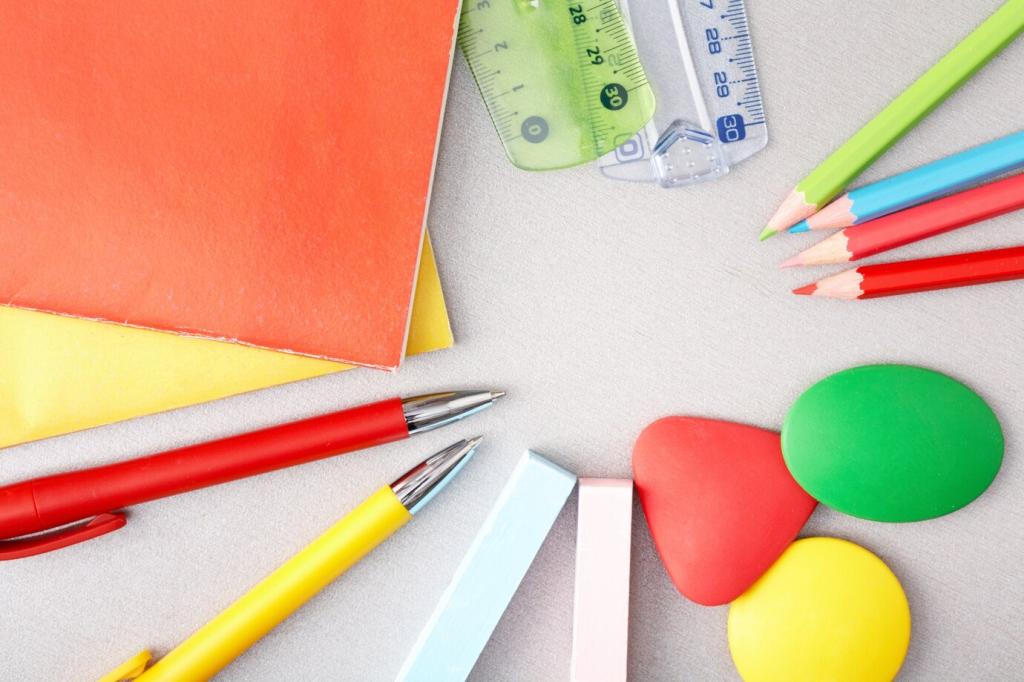Safety, Privacy, and Healthy Tech Habits
Lock purchases behind parental verification and device-level restrictions. Teach that only adults approve real-money moves, while kids explore with virtual coins. Clear boundaries build trust and prevent accidental, stressful surprises.
Safety, Privacy, and Healthy Tech Habits
Prefer apps that store little personal data and offer offline play. Fewer permissions, transparent policies, and no trackers keep attention on learning, reducing distractions and protecting your child’s digital footprint responsibly.
Safety, Privacy, and Healthy Tech Habits
Pair short sessions with reflection. A ten-minute mission plus a two-minute talk beats marathon tapping. Healthy rhythms keep lessons fresh, improve retention, and protect eyes, moods, and family routines through predictable structure.
Safety, Privacy, and Healthy Tech Habits
Lorem ipsum dolor sit amet, consectetur adipiscing elit. Ut elit tellus, luctus nec ullamcorper mattis, pulvinar dapibus leo.





